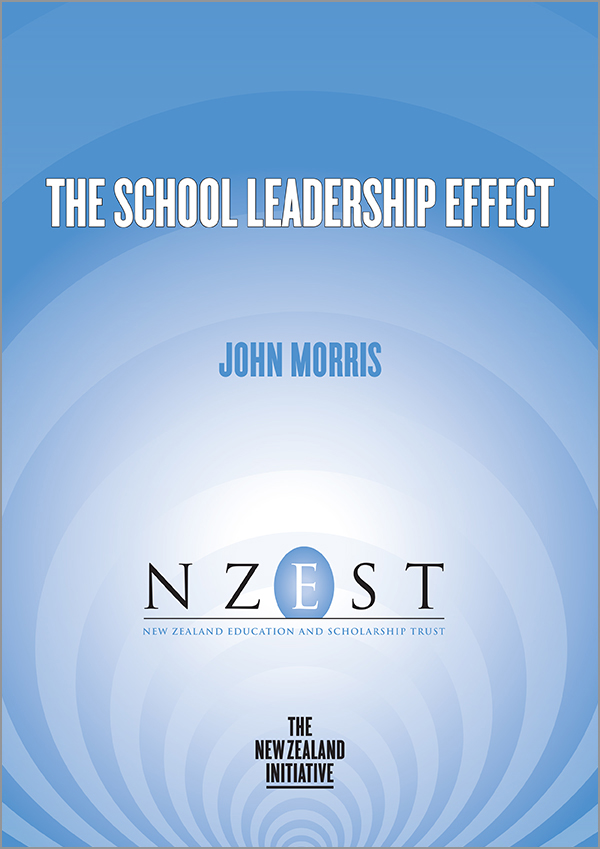The role of a school principal in New Zealand is an incredibly demanding one. Our self-managing schools model means that principals are not only pedagogical leaders, but chief executives responsible for overall school management including property, finance and human resource matters.
Given that school leaders are only second to teachers in influencing student achievement, and that school leadership is even more important in systems with greater autonomy for schools, it is crucial that New Zealand attracts talented people to school leadership, and provides excellent development opportunities for principals. Yet the only requirement for the role is that the applicant is a registered teacher.
It is highly likely that being a great principal rests on having been a great teacher. Yet even if it is necessary, it is not sufficient. School principals must not only focus on teaching and learning, they have a large burden of administrative management responsibilities, and most of all, they need to be visionary leaders with a range of hard and soft skills.
While there are some principal preparation programmes in New Zealand, evaluations show they do not fully prepare principals for the full gamut of what a principal is expected to do.
This report reviews the literature on what kinds of leader dispositions, strategies, and practices influence student achievement. There are many models of effective school leadership, but the one key element consistent across all studies and models is a central focus on teaching and learning. Stephen Dinham’s research found that successful principals are relentless in their quest for enhanced student achievement and are not distracted by administrative demands, and leadership strategies that connect most closely with improving teaching and learning, not surprisingly, have the most influence on student outcomes.
There has also been much academic discussion on different styles of school leadership that come in and out of vogue. This report discusses these models; distributed leadership, cultivated leadership, sustainable leadership, transformational leadership, and instructional leadership, with a view to taking the best parts of each and integrating them. Researchers have proposed a ‘shared instructional leadership model’ which ensures that staff take ownership to ensure that changes are sustained and staff capability is built, with a relentless focus on instructional improvement.
It is crucial that New Zealand becomes more deliberate in identifying future leaders, develops more effective principal preparation programmes, and provides ongoing professional development for leaders. John Morris’s second report in this series will make policy recommendations to improve the quality of school leadership.




